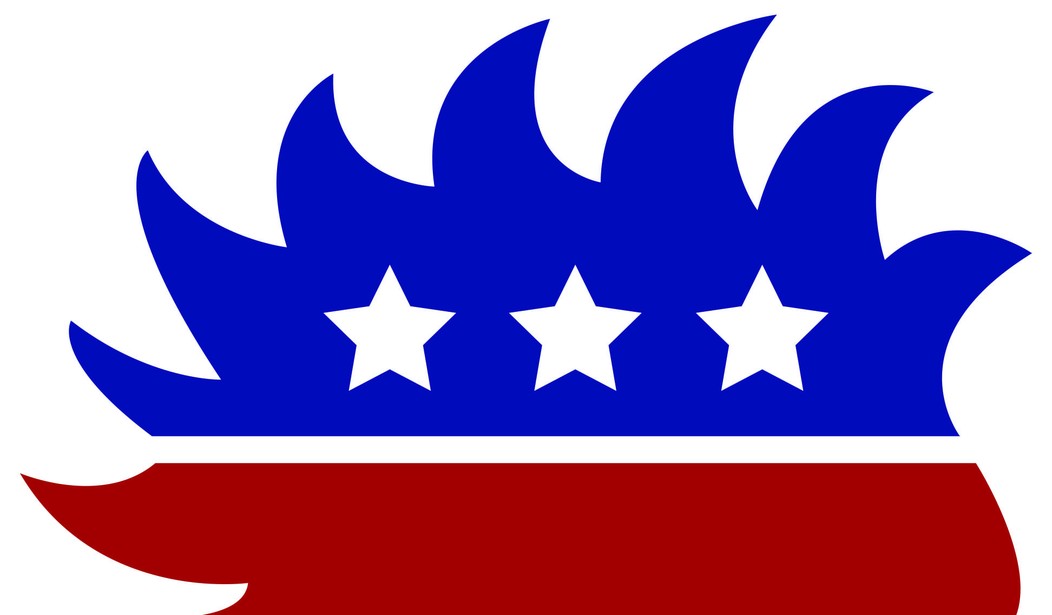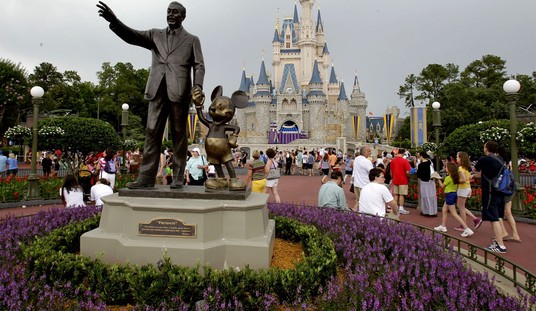This election season has given us a pretty wild ride. Between wildly unpopular candidates, inter-party turmoil, and burned voter registration cards on both sides of the aisle, 2016 will be one of the books.
But while both parties have suffered something of a loss despite their leads, one clear winner in terms of net gain is the Libertarian party. While typically something of a forgettable presence, the Libertarian party has been something of a bastion for both the left and right to flee to. This in turn has caused both the ranks, and the bank account of the Libertarian party to swell.
One of the immediate goals of the Libertarian party was to get its nominee for President, Gary Johnson, on the debate stage with the Republican and Democratic nominees, Trump and Clinton. In order to achieve that, Johnson needed to get 15% approval across 5 major polls. As I’ve discussed in a previous article in detail, this is no easy task for a candidate without an R or D next to his or her name.
Sadly, Johnson may not achieve the 15% in 5 he needs. As the celebrated analytical site, FiveThirtyEight, points out, Johnson may have climbed high in the polls, but he doesn’t seem to be going any higher. While this is something of a disappointment for team Libertarian, FiveThirtyEight makes an interesting note about Johnson’s numbers.
They aren’t going down either.
Typically in any election cycle, 3rd party numbers decrease as it gets closer to the time to pull the lever for someone. This bleed of support isn’t something Johnson is experiencing. According to FiveThirtyEight, this means some big things.
The FiveThirtyEight polls-plus model is adjusting to Johnson’s staying power: It discounts third-party candidates’ support based on their tendency to lose steam down the stretch, but it’s grown less skeptical of Johnson as his polling numbers have held up. Johnson was projected to finish with 6.5 percent of the vote in mid-July when he was polling slightly higher than he is today. Now, the model is projecting that Johnson will win 7.1 percent of the national vote on Election Day. That’s 2 percentage points less than where the national polls have him at this point, which is pretty much exactly what we’d we expect considering the average 2-point drop-off for past third-party candidates.
So what does this mean for Johnson? Not much. He’ll likely not see the debate stage, despite 62% of the voting public wanting to see him there. But it’s not Johnson that this polling number helps, at least not this time around.
Garnering 7.1% of the vote qualifies the Libertarian party for benefits the other two major parties receive.
Still, if he ends up with 7 percent of the vote — as we’d expect based upon history and the current polls — the Libertarian Party will qualify for federal campaign funding in 2020, and Johnson will claim the highest share of the vote of any non-major party nominee in 20 years.
If the Libertarian party can finish well, it can look forward to a spending boost the next election cycle. This could go far in helping the Libertarian party get the message out about who they are and what they believe in. Seeing as how no matter who wins this election season, the following election season will have a wildly unpopular candidate to run against, this could give the Libertarian party time to put together a very dangerous campaign for 2020.













Join the conversation as a VIP Member